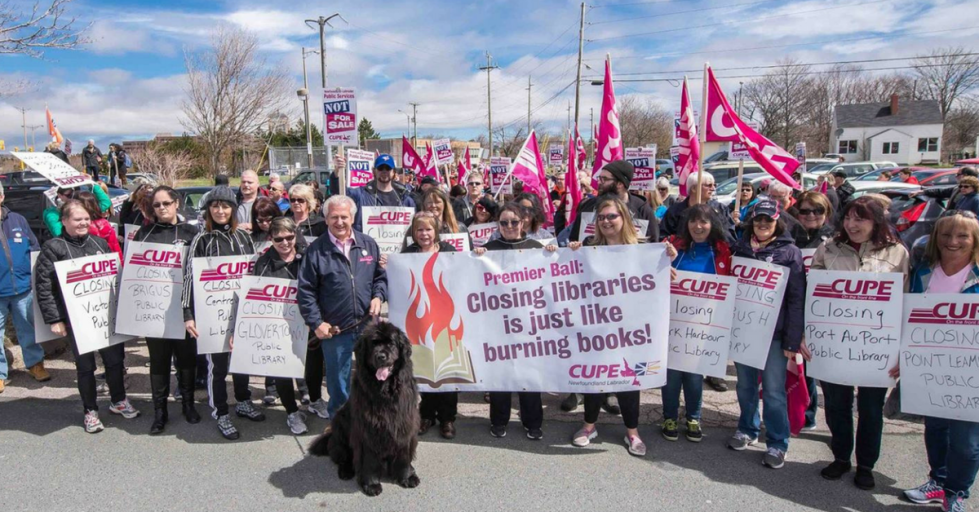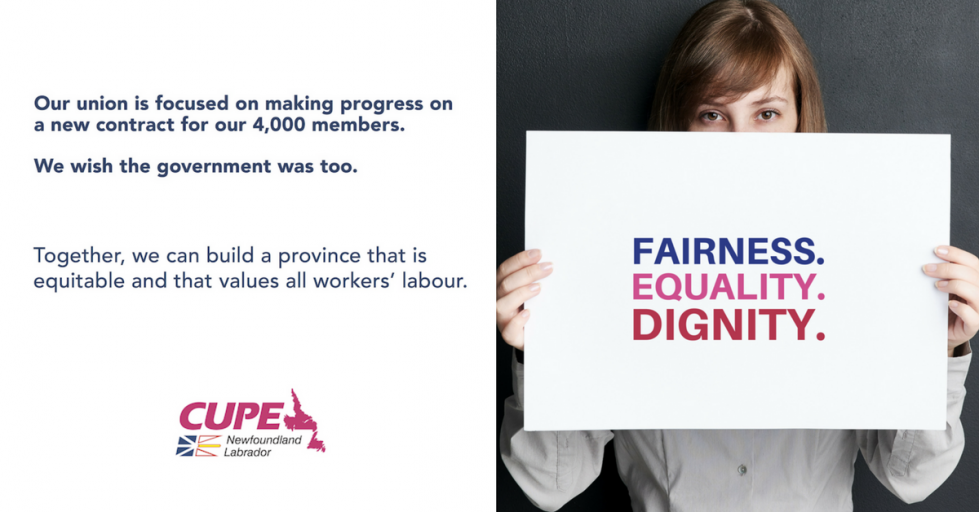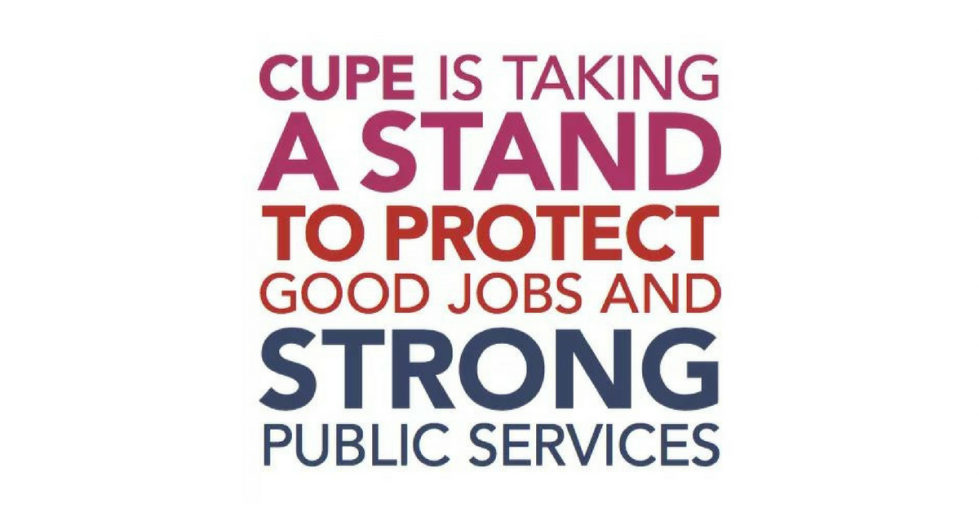May 6 to 11, 2018
The Atlantic Region’s 33rd Annual Weeklong School will take place at the Inverary Resort in Baddeck, Nova Scotia. The cost for this year’s weeklong school (including registration fee, accommodation and meals) is $900.00 per participant – double room occupancy; and $1,200.00 per person – single room occupancy.
As in previous years, there are scholarships available to members in both provinces and you are encouraged to apply as per the information contained in the brochure.
We encourage each local to make your selection as early as possible and return your registration form along with your post-dated cheque to avoid disappointment.
Once a maximum of 20-24 participants for each workshop have been registered, no further registrations will be accepted but you may choose to go on the wait list for that workshop or select an alternate workshop.
The deadline for registration and payment to be received at the Atlantic Regional Office is April 27, 2018. If payment is not received by April 27, 2018, those respective registrants will be removed, the registration list for each workshop finalized and those registrants on the waiting lists will be notified whether space is available.
When selecting participants for the school, please consider those who are prepared to take an active role in this learning experience and who will abide by the rules and guidelines for conduct and attendance.
Please consider members who:
- actively participate in your Local
- are willing to be active but could benefit from additional training
- are willing to share this knowledge with the Local membership and Executive when he/she returns
Should there be any questions or concerns, please do not hesitate to contact me at the Atlantic Regional Office (902) 455-4180.
Payment
Please post-date your registration cheques for May 12, 2018. Registration cheques are not processed until the weeklong school has concluded.
Make cheque payable to the Canadian Union of Public Employees and forward to the Registrar at the Atlantic Regional Office before the deadline of April 27, 2018 to:
Lynn McDougall
Union Development Representative
CUPE Atlantic Regional Office
271 Brownlow Avenue
Dartmouth, NS B3B 1W6
Refund Policy
Full refund up to April 27, 2018
No refund after April 27, 2018
Courses
#1 – Mental Health in the Workplace: A union perspective
Officially, mental illness affects 1 in 5 people in Canada. But we know that it touches every one of us in different ways throughout our lives. What does this mean for us as workers and Union activists? How can we support members dealing with mental illness, and how can we hold employers to account, ensuring that our workplaces promote mental wellness? As union activists we have a particular interest in promoting positive workplace culture that supports people living with mental illness and promotes wellness for all of us.
This workshop is designed for participants to:
- Gain a better understanding of mental health issues
- Learn about stigma and how to challenge stereotypes about mental health
- Explore the employer role: providing safe and supportive workplaces; and, reducing the risk of mental injury
- Explore the Union’s role: educating the membership; and, accommodating workers with mental illness
- Learn about supports and resources for people living with mental health issues
- Build skills to support and educate one another to make our unions and our workplaces mentally healthy.
Requirement: Please bring any contact information for crisis and counselling services in your area.
#2 – Media Training
Are you a spokesperson for your local? Do you want to attract media attention, and increase public awareness to support local bargaining or an event? Please join us for our weeklong media training and message development workshop!
Participants will learn how can the media outreach can benefit your local in getting messages out. Each participant will receive “on-air” practice with feedback, as well as training and tips for writing messages and developing a media relations plan.
During the workshop, you will learn:
- Basic principles of good communications and a media relations plan
- Recognize the elements of great media messages
- Create memorable stories, messages and sound bites
- Understand the best practices of working with the media
- Identify your target audience
- Interview for print, radio, and television with confidence
- Tips about remaining “on message” and how to answer the tough questions
- Writing effective letters to the editor to submit to newspapers
- Supporting your communications activities with social media
Who Should Attend?
This workshop is ideally suited for spokespersons for local unions, divisions or sector committees.
Prerequisites:
Participants must already be familiar with using their laptop and smartphone. They must also be active on personal Facebook and/or Twitter.
Please note: This workshop will not include an introduction to social media for beginners.
Requirement: Please bring all your devices including a laptop, tablet and/or smartphone.
#3 – Local Executive Training (LET)
The Local Executive Training series was developed to aid local executives toward functioning at their very best. This weeklong will include the following LET workshops: Leadership Basics, Leading as a Team, Conflict-Ready Executives, Financial Essentials and, Strategic Planning.
We will:
- Examine the roles and responsibilities of the elected officers and how they intersect/interact
- Explore how we work in teams, and how to balance our leadership styles to engage each other, the membership and work effectively across diversity
- Ask ourselves Who am I as a leader? Who are we as a local union? Who do we want to be?
- Explore how you can use the power of your elected position to build power in the union, create space for more members to get involved
- Explore the value of conflict for effective groups; how our beliefs about conflict shape how we respond; the kinds of conflict Local Executive struggle with most; and, productive ways to resolve conflict
- Understand the essentials of Local Union finances, including the role of finances in strategic planning
- Explore strategic planning tools as methods for problem-solving: from managing the relationship with the employer to communicating with members to expanding the Executive’s ability to build capacity and activism…it all starts with a plan! Explore how to set achievable and measurable goals for your Local Executive and your Local Union.
#4 – Bargaining
We will examine and experience bargaining from beginning to end. We will:
- Review the bargaining process and the obligations of the Local Union Bargaining Team
- Prepare the team and the membership for a round of bargaining
- Go to the table and hopefully get a deal!
- Conduct a Bargaining Post Mortem
- Examine how strategic planning, including communication strategies, can assist a Bargaining Team in managing their own, and the memberships’ expectations
Download a copy of 2018 weeklong brochure, including registration information, course descriptions, agenda and scholarship application forms.
 CUPE Newfoundland Labrador welcomes the opportunity to participate in Phase II of the comprehensive review of the province’s automobile insurance system that has been undertaken by the Public Utilities Board in Newfoundland and Labrador. The union has made a submission to the review.
CUPE Newfoundland Labrador welcomes the opportunity to participate in Phase II of the comprehensive review of the province’s automobile insurance system that has been undertaken by the Public Utilities Board in Newfoundland and Labrador. The union has made a submission to the review.

















